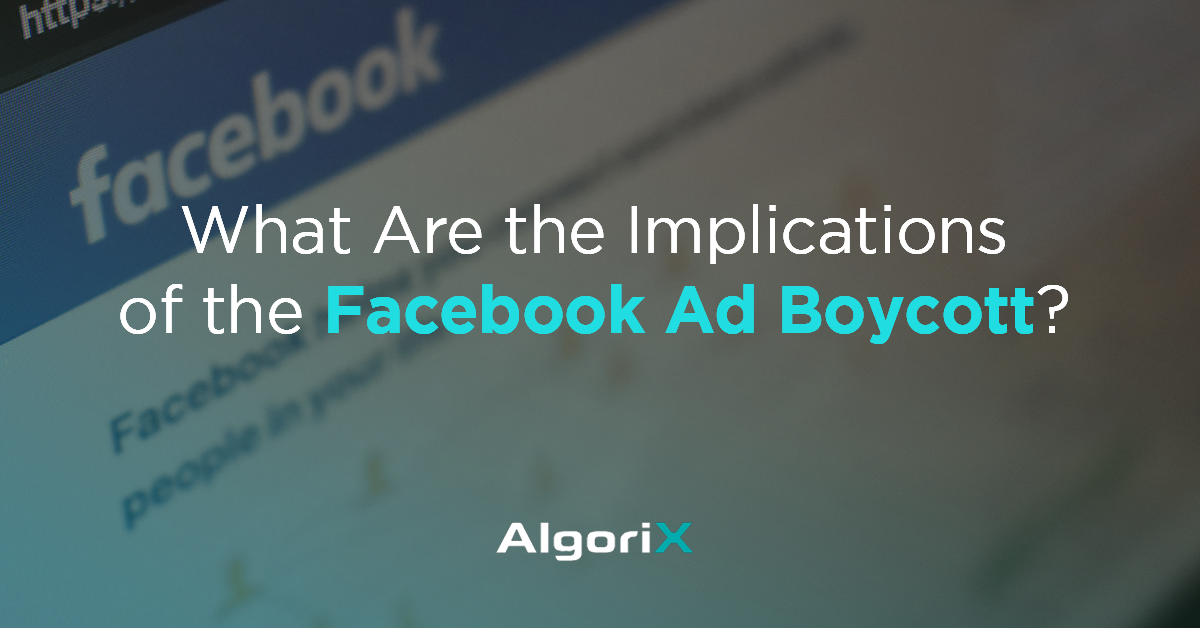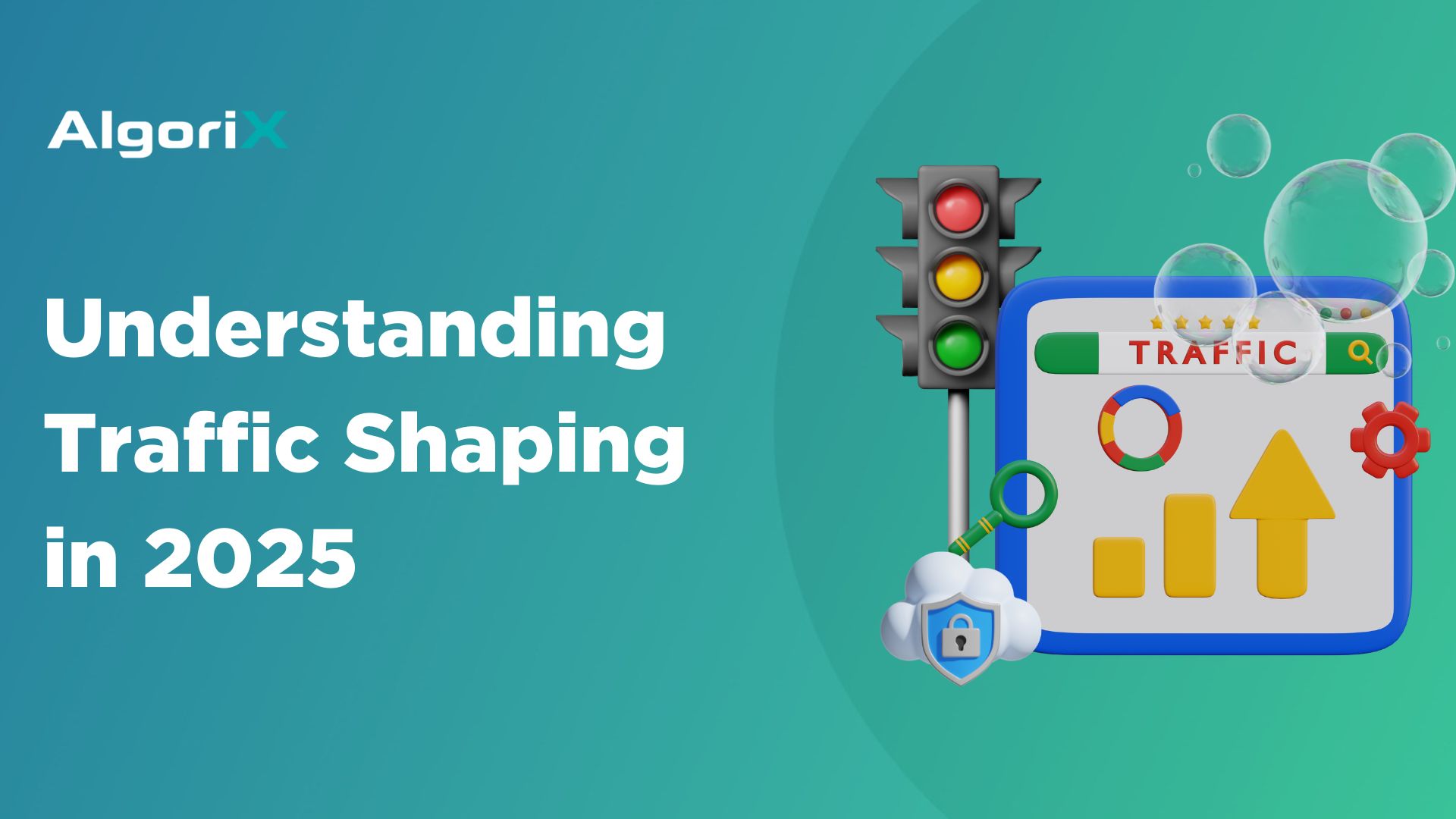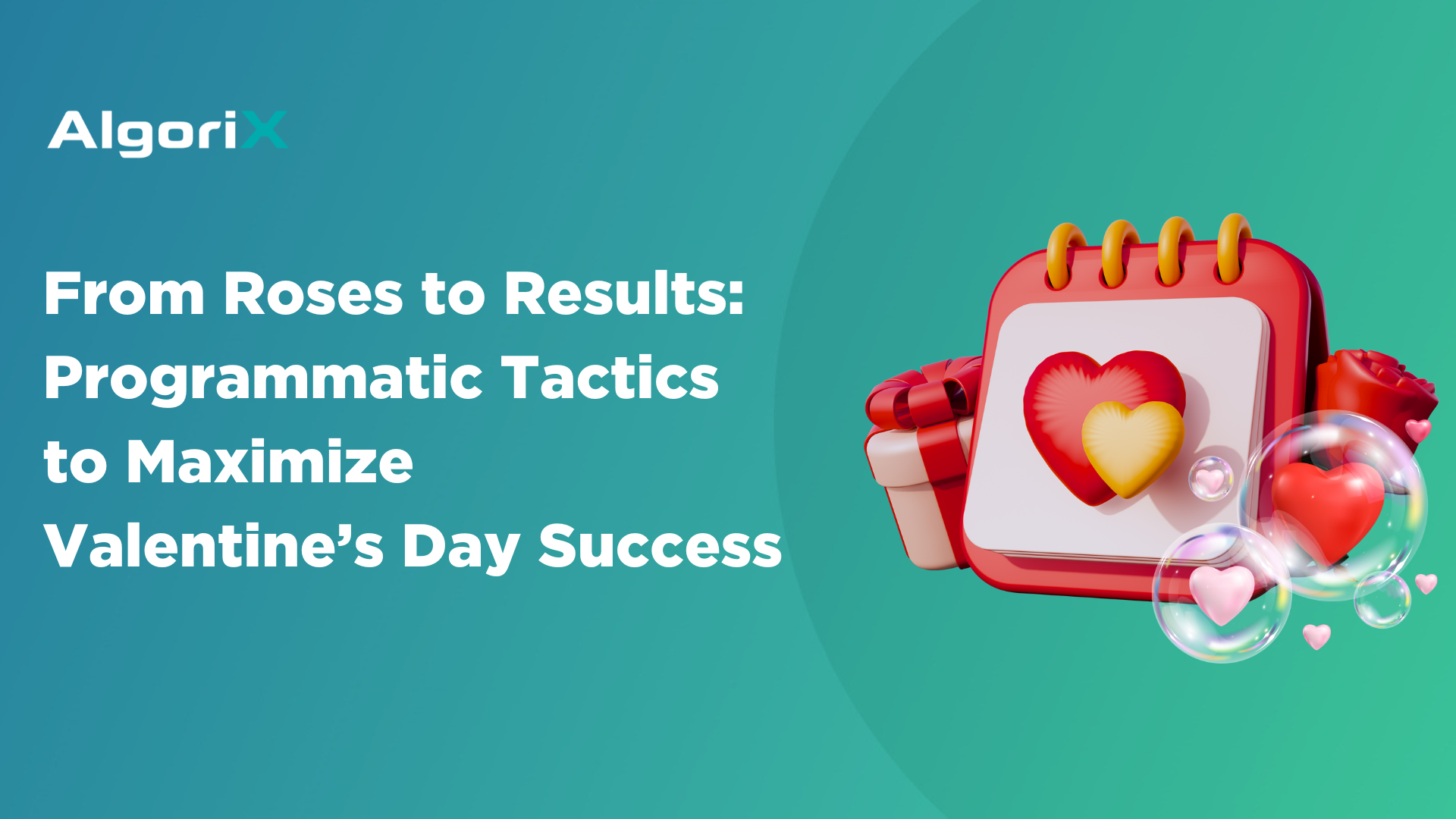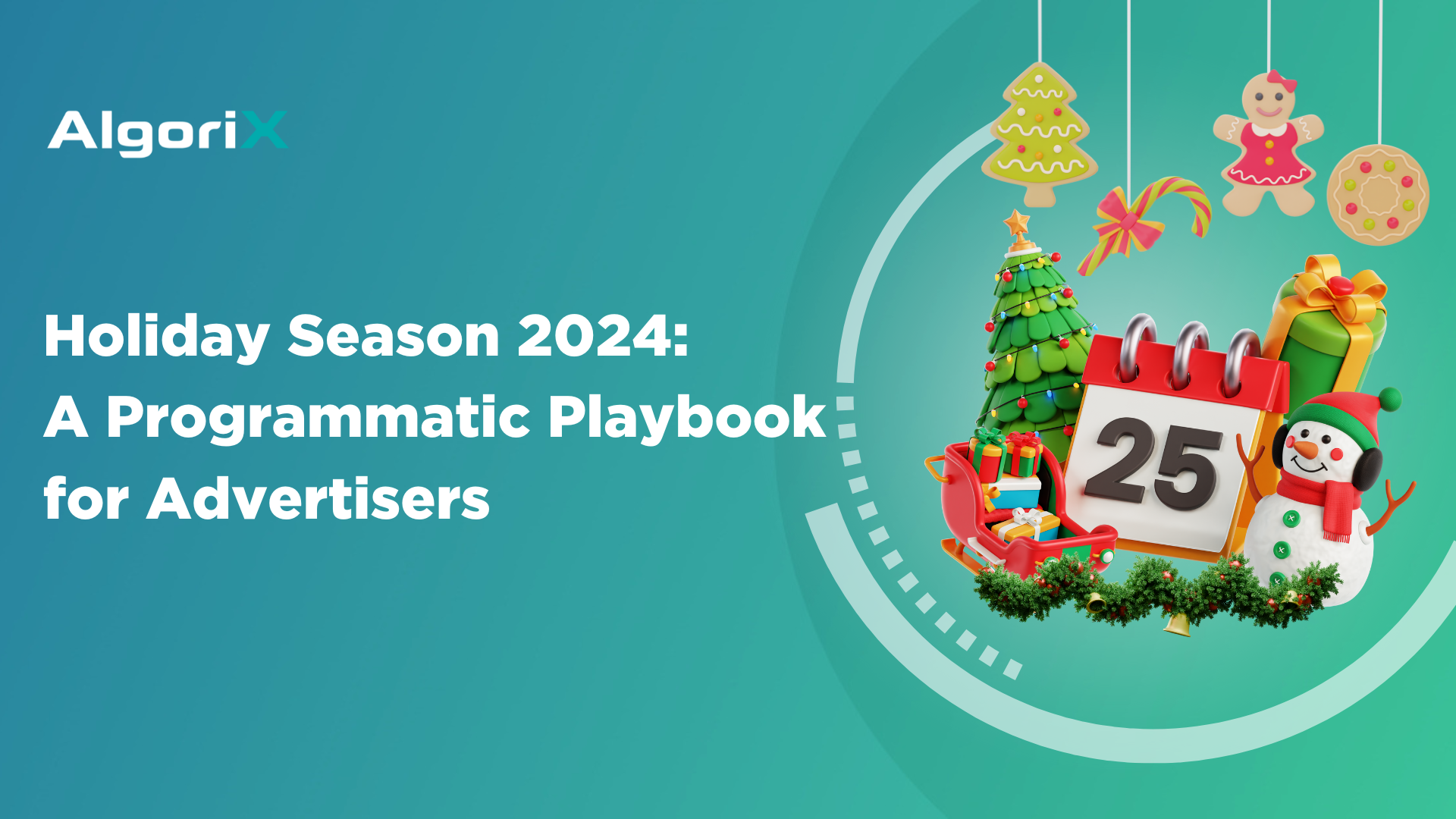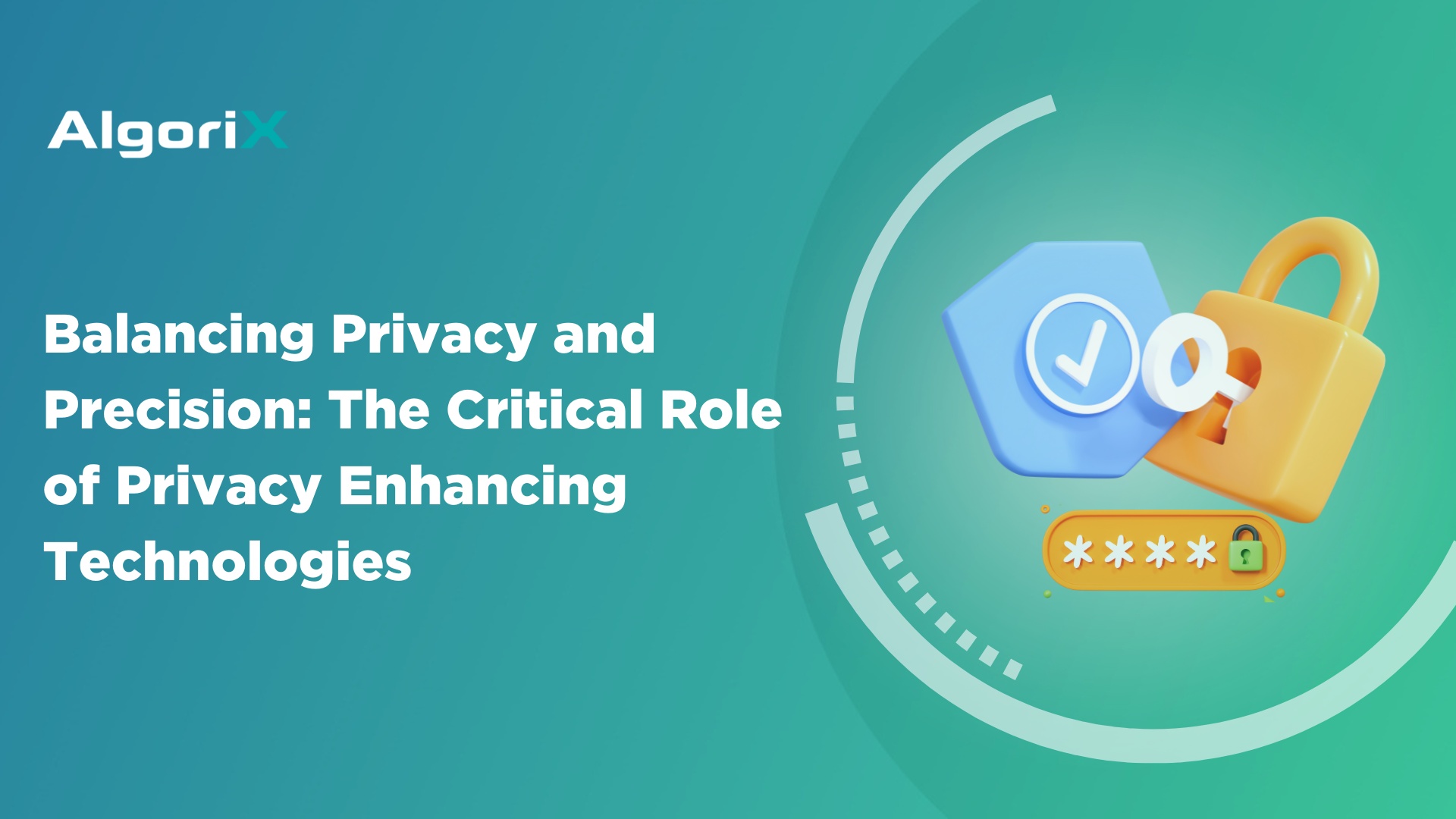If you are following the news and happenings in the digital advertising industry, you would probably know that many big brands are now distancing themselves from Facebook. In the past few weeks alone, major brands, such as Disney, Lego, Mars, Unilever, Microsoft, Coca-Cola, Volkswagen, and Diageo, have taken part in the Facebook ad boycott.
Most of it is fueled by the “Stop Hate for Profit” campaign, which gained a huge following recently with people calling organizations and businesses to stop advertising on Facebook due to the platform’s refusal to do anything about fighting racial injustices in America. To date, the social media giant lost as much as US$7 billion following the boycott, as reported by Bloomberg. If brands don’t want to
According to Facebook CEO Mark Zuckerberg, their lukewarm response to hate speech is to preserve neutrality and free speech. His reason, however, is not enough to continue attracting marketers.
Impact on Organizations
Time and again, social media has proved to be a powerful tool that marketers can leverage. When these platforms, however, receive backlash from controversies, it can also significantly affect campaigns. When people no longer use the platform, there would no longer be audiences on the receiving end, and efforts will become futile. Plus, they also run the risk of tarnishing their brand names should they continue to advertise on the platform, so it becomes a risky move for them. This is the reason why some big-name brands are pausing their campaigns.
Impact on Publishers
When it comes to publishers, they should use this golden time to swing the context back to advertising. Publishers should take this opportunity to gain ground once again, especially those that use Facebook to acquire new users. Now that Facebook is facing backlash, they need to use this time to do a careful assessment of how and where they should put their marketing budgets to showcase their values as a company, such as exploring other platforms, such as funding in-app advertisements.
Publishers can also take this time as an opportunity to focus on monetization efforts to gain a good percentage of that ad money that’s being diverted to other channels. Exploring different ad formats and ways to reach new audiences, such as through hyper-casual games, can be a good strategy.
Impact on Advertisers
For advertisers, the Facebook ad boycott can mean looking at platform dependency. Advertisers should assess how substantial is their marketing campaign’s dependence on the social channel. They should realize that Facebook is not the only avenue out there. If they notice that their ads on Facebook are not getting any traction, they should have convenient ways of optimizing their campaigns on other platforms.
If you think about it, most of those big brands who paused spending on Facebook ads are now looking at increasing their ad spending on other channels such as Twitter, LinkedIn, Demand-Side Platforms (DSP), and ad exchanges. Testing out multiple platforms is a must.
The Facebook ad boycott is not the first storm that the social media giant had to weather. Still, the issue should be something that brands, publishers, and advertisers must look into to assess their values, ultimately defining their success.
If you want to learn more about how AlgoriX can provide significant alternatives for your advertising and monetization strategies, contact us.

